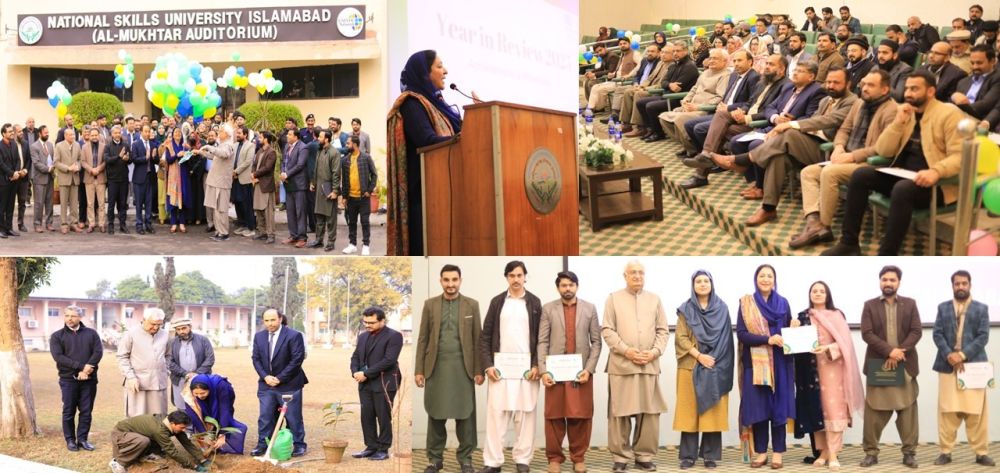69/25 Uniting for a Healthier Tomorrow through Identifying Commonality of Healthcare Skills Through One Health Initiative
Posted 9 months ago
In an era marked by interconnected healthcare challenges like COVID-19 pandemic to the looming threat of climate change, the need to break free from traditional silos has never been more pressing. This week, the University of Sargodha took a bold and timely step by hosting the nation's first Interdisciplinary Research Conference on One Health (IRCOH-2025). This pivotal event could catalyze a new era in Pakistan's scientific and policy discourse.
For too long, the lack of interdisciplinary research collaborations has been a barrier to progress in addressing the most urgent challenges of our time. The One Health approach, which brings together human, animal, and environmental health under a single research and policy umbrella, is a concept that has shown promise globally. Its institutionalization in Pakistan, while challenging, holds the potential to revolutionize our approach to health and sustainability.
The two-day conference at the University of Sargodha was more than just a gathering of intellectuals; it was a call to action. Academics, scientists, policymakers from across the country, and international delegates came together to share ideas and lay the groundwork for sustained collaboration. The theme, Connect, Collaborate, and Translate, was not just a vision but a roadmap for action.
Three institutional developments quietly reshaped the research landscape amid the keynote speeches and panel discussions. Establishing the Interdisciplinary Research Center for One Health, the Pakistan One Health University Network, and a state-of-the-art One Health Research Lab under the Belt and Road Initiative are significant markers. The Belt and Road Initiative's role in establishing the One Health Research Lab is particularly noteworthy, as it provides a platform for international collaboration and knowledge exchange.
The success of IRCOH-2025 reflects a growing recognition among Pakistan's academic institutions that solutions to modern health crises cannot emerge from isolated labs or departmental echo chambers. Health security, climate resilience, food safety, and antimicrobial resistance are not departmental problems but societal ones that demand cross-sectoral, interdisciplinary solutions.
This effort also signals a long-overdue assertion of universities as not just centers of education but as engines of innovation, policy relevance, and civic responsibility. Universities, both public and private, have a crucial role to play in leading interdisciplinary research and innovation. The active participation of universities from across the country and the engagement of national and international experts reinforce the idea that intellectual leadership in health and sustainability must come from academic ecosystems that are nimble, inclusive, and globally connected.
The stakes are high. As global health threats become more complex and the boundaries between disciplines blur, any nation's ability to adapt will depend mainly on how its knowledge systems evolve.
IRCOH-2025 has set a powerful precedent. The next step is ensuring this momentum is not lost in ceremonial applause. The real measure of success will lie in how effectively these new institutions are nurtured, how broadly the network is expanded, and how boldly interdisciplinary research is funded and integrated into national policy.
In all its dimensions, the future of health will not be won in isolation. Academia can play a vital role through unity of purpose, breadth of vision, and depth of collaboration, says world-renowned virologist and editor-in-chief of BiomedGlobal, Prof. Dr. Muhammad Mukhtar.





